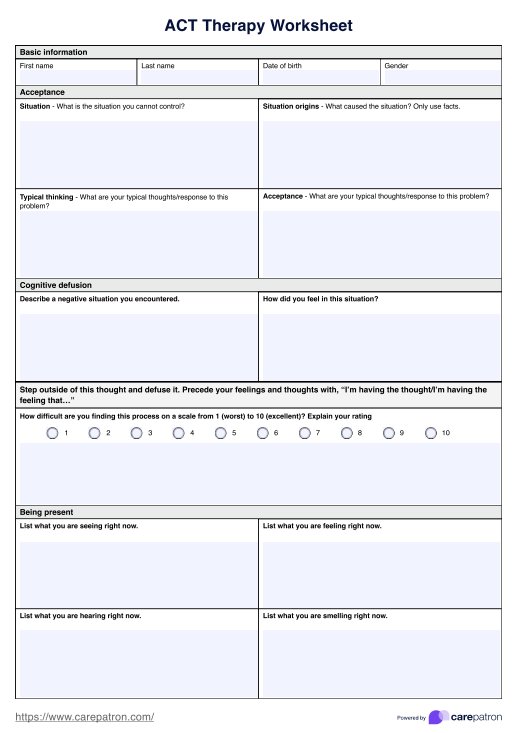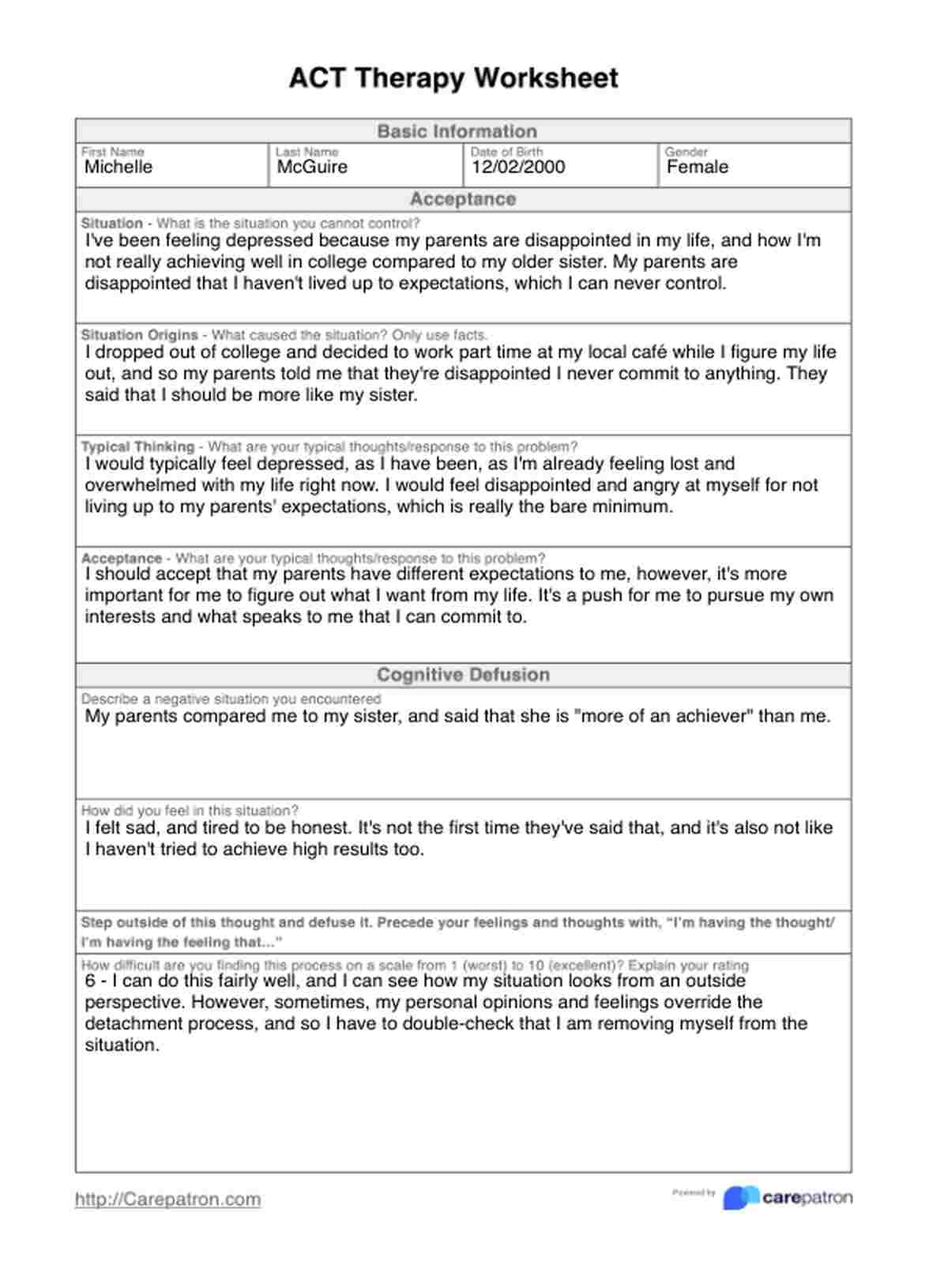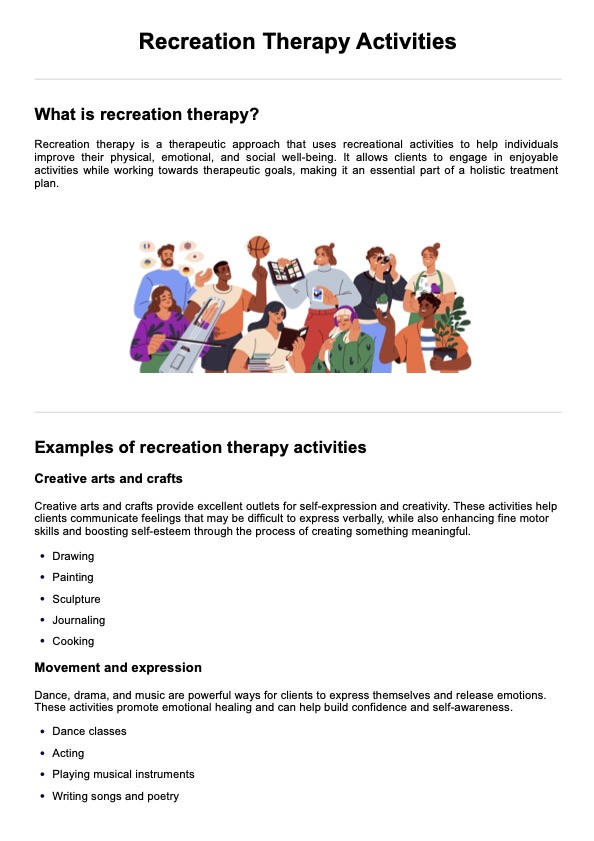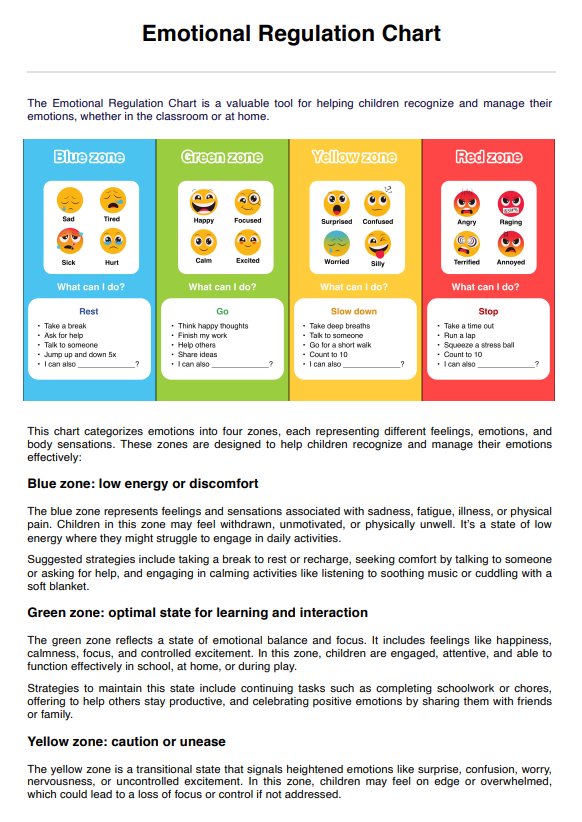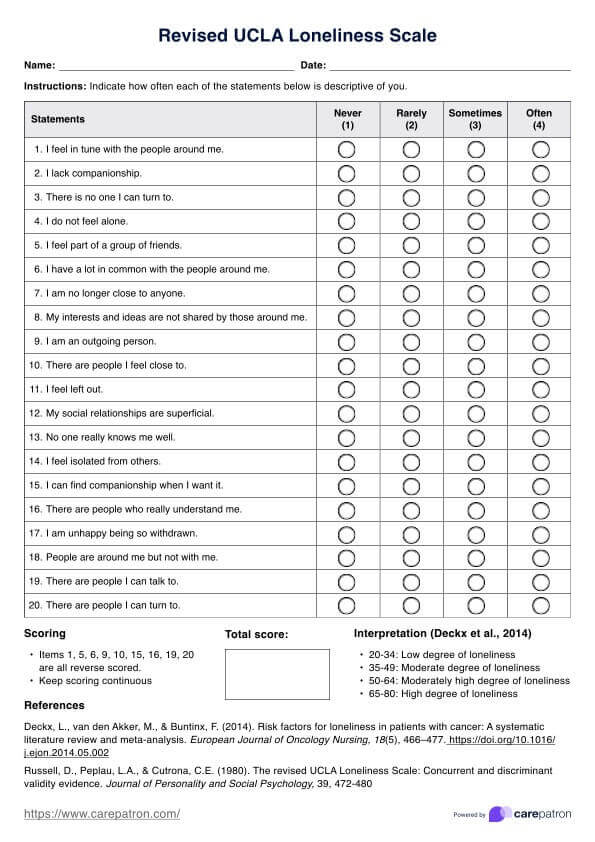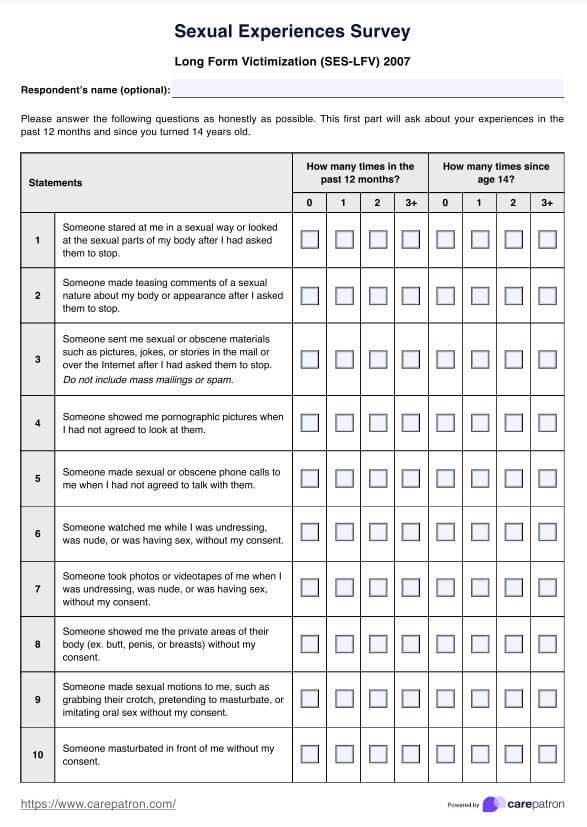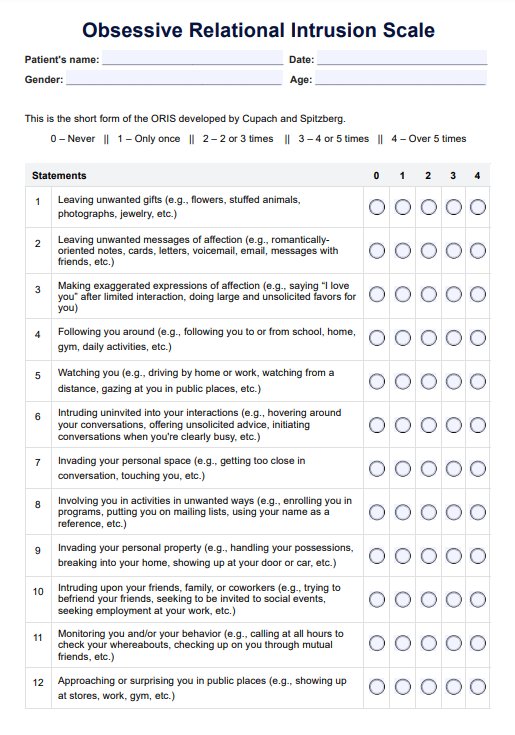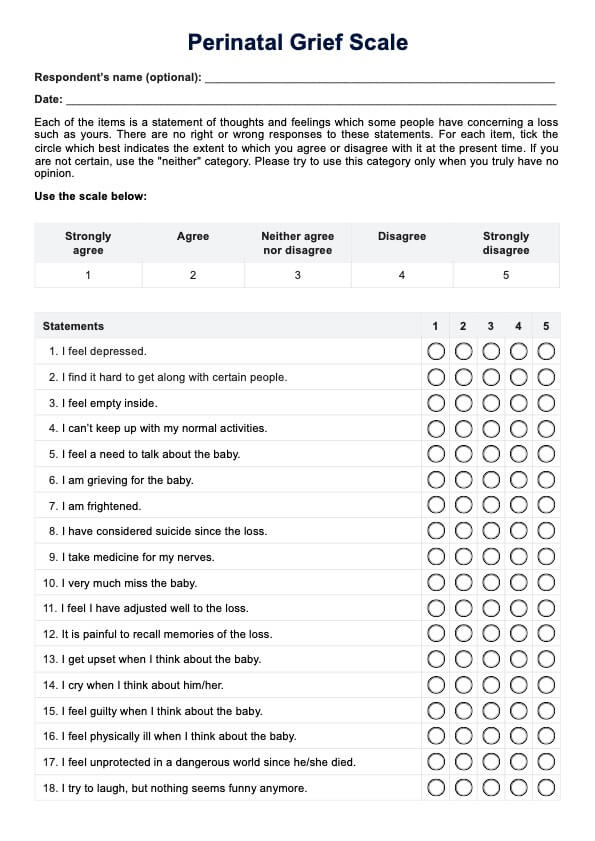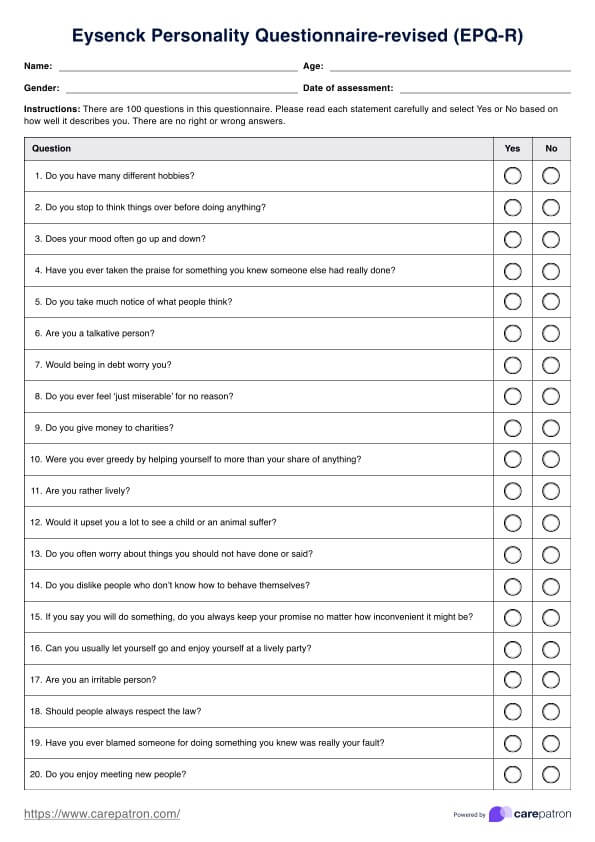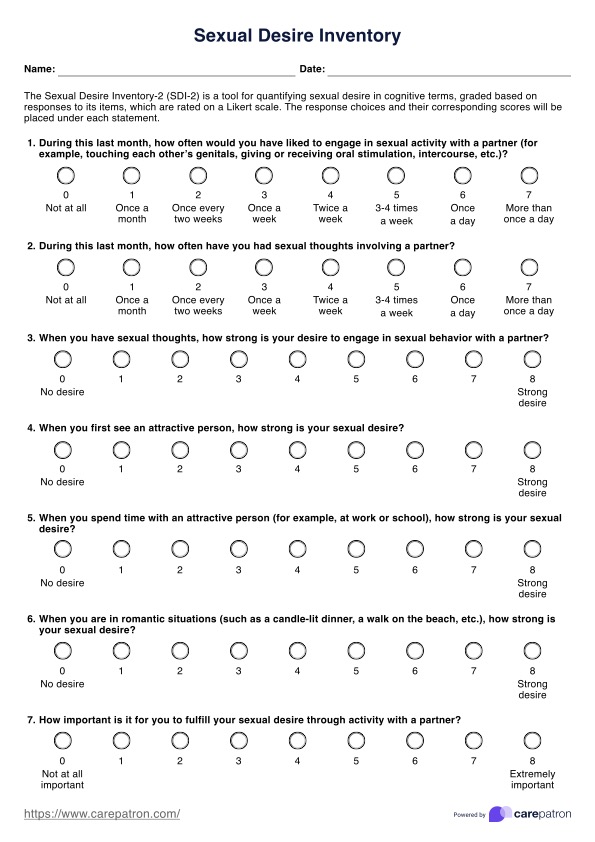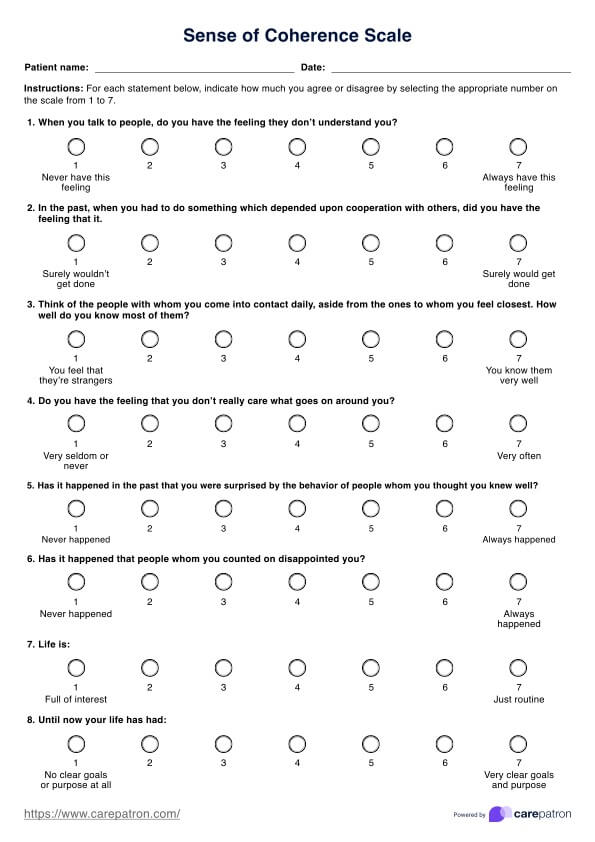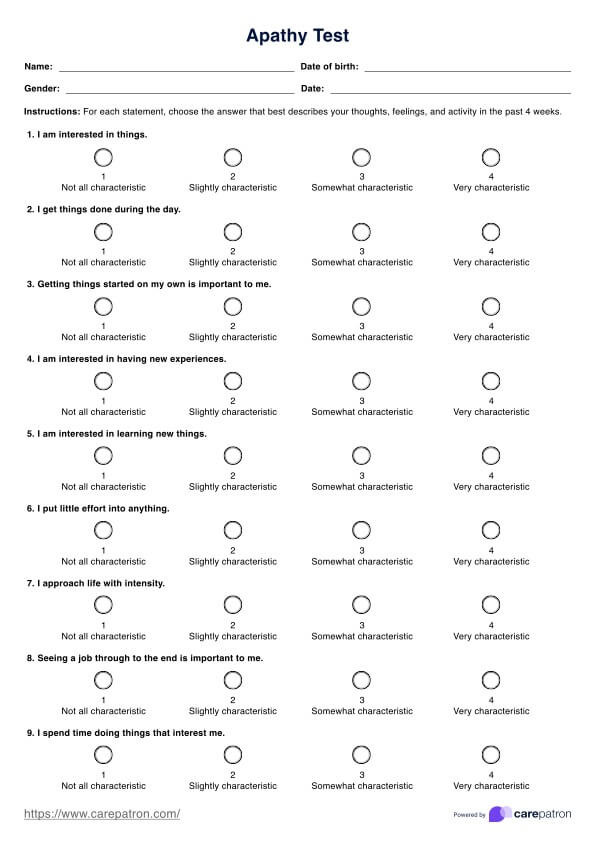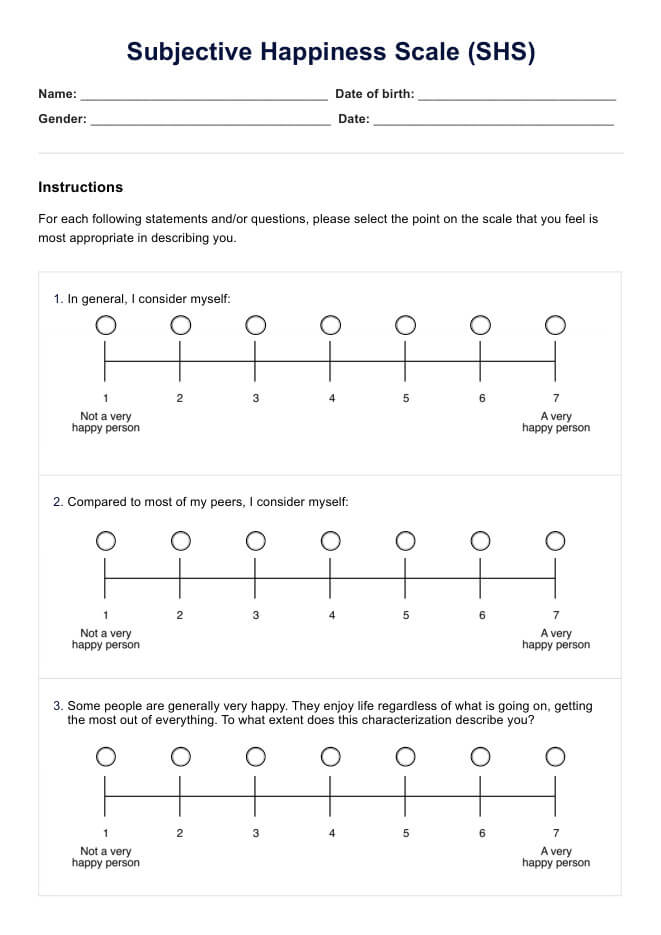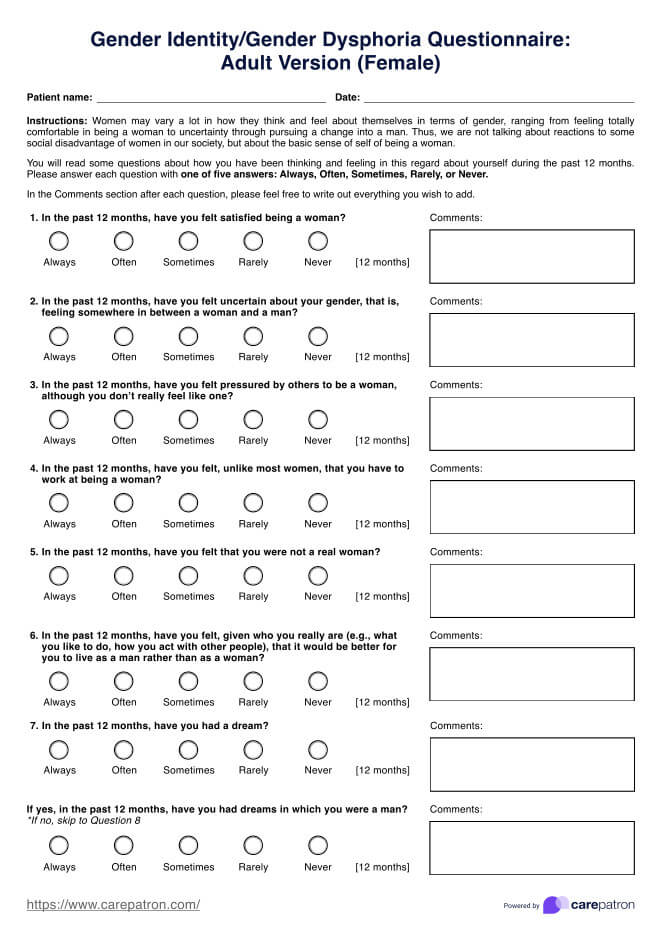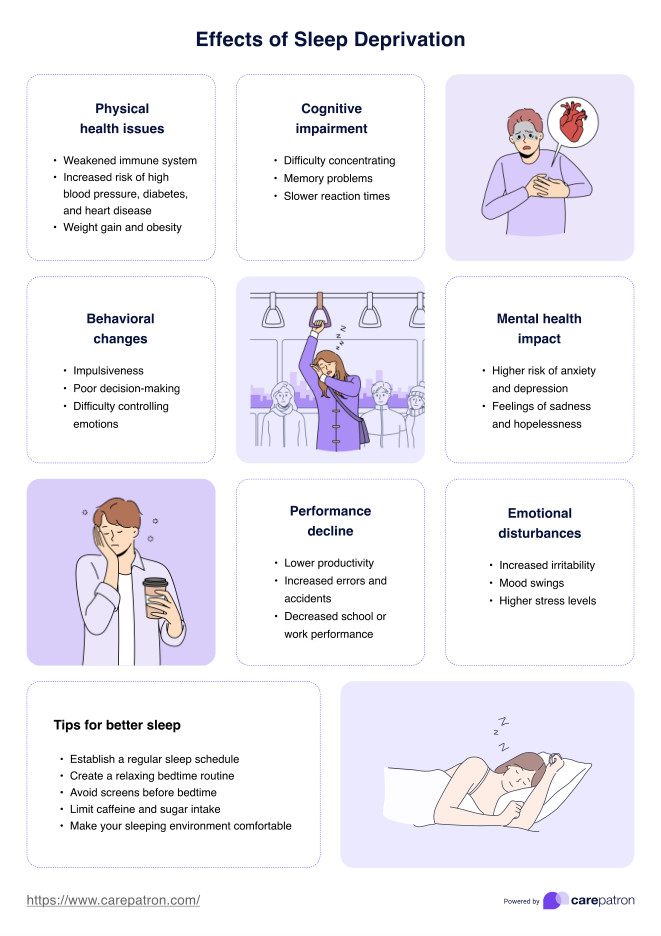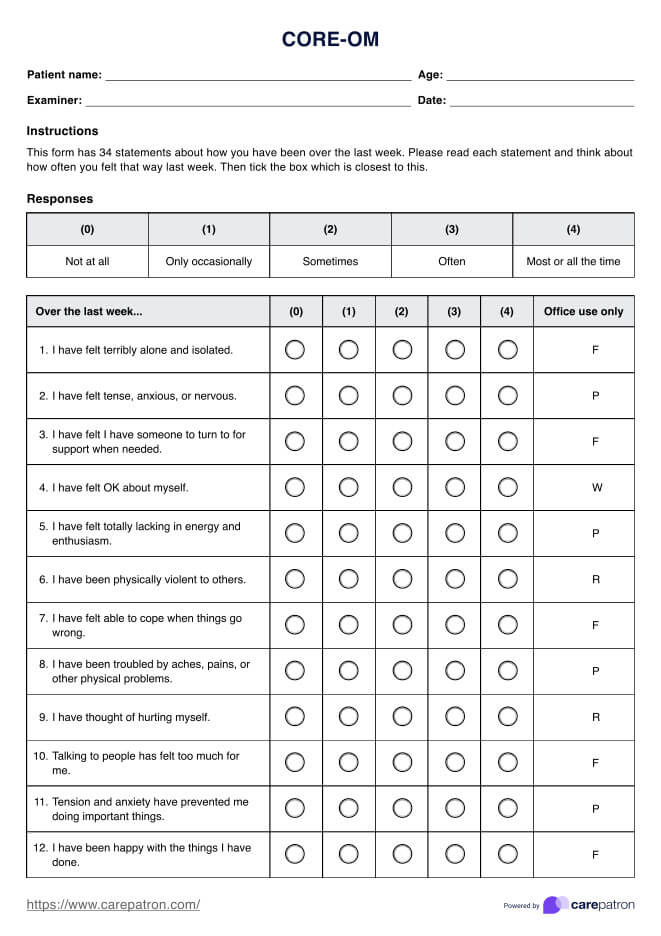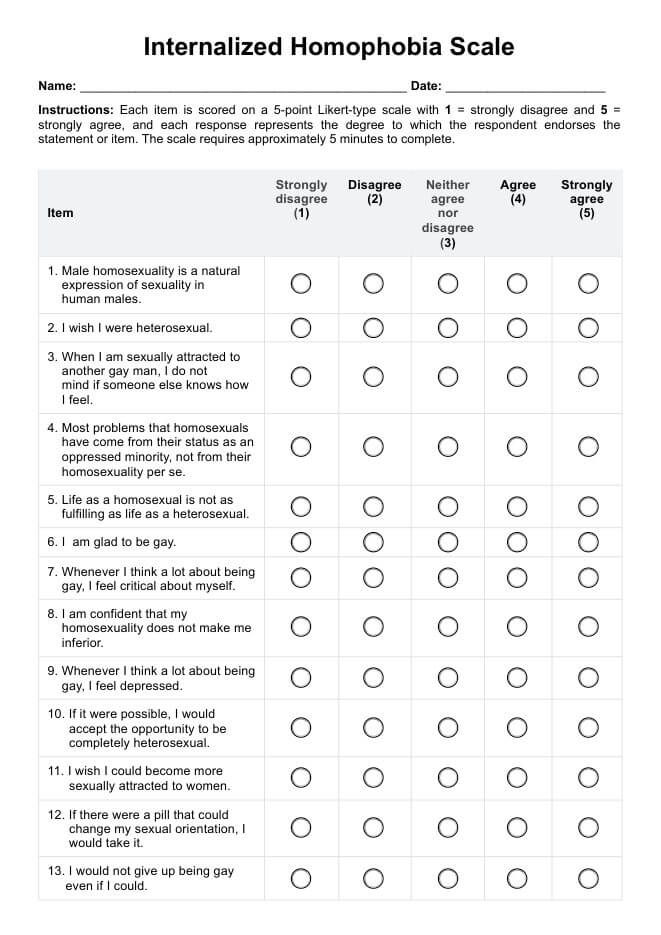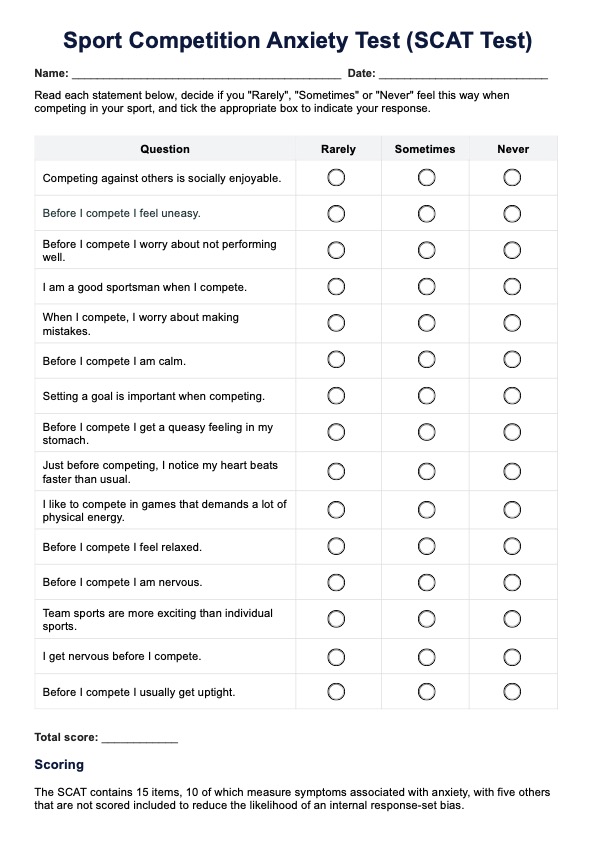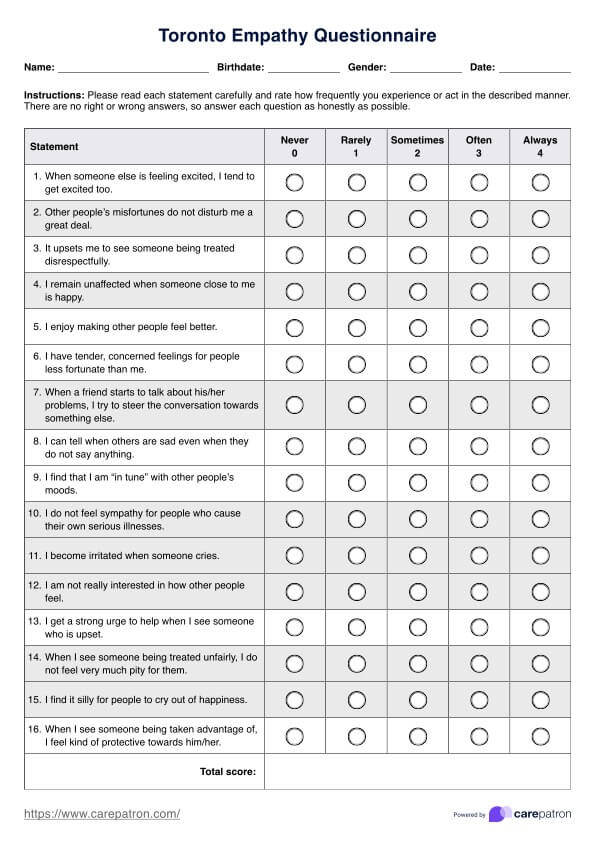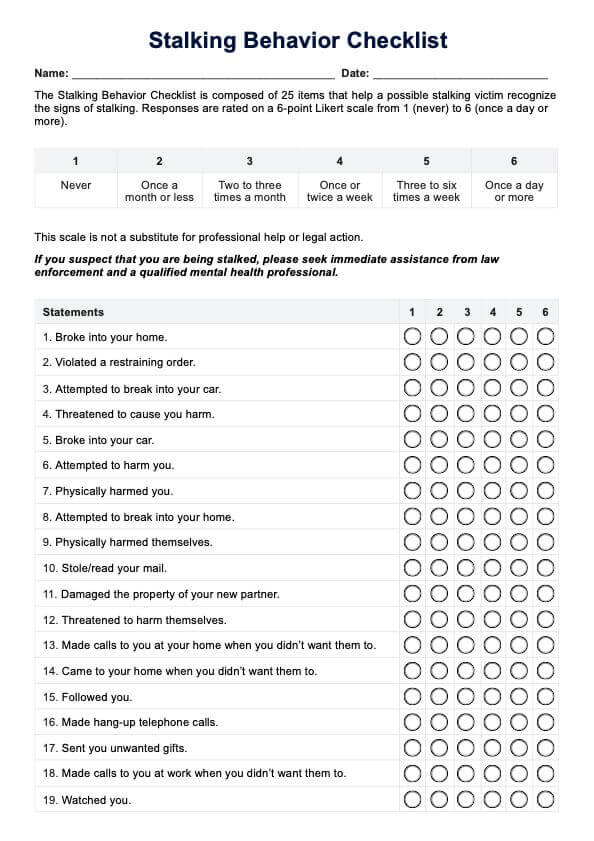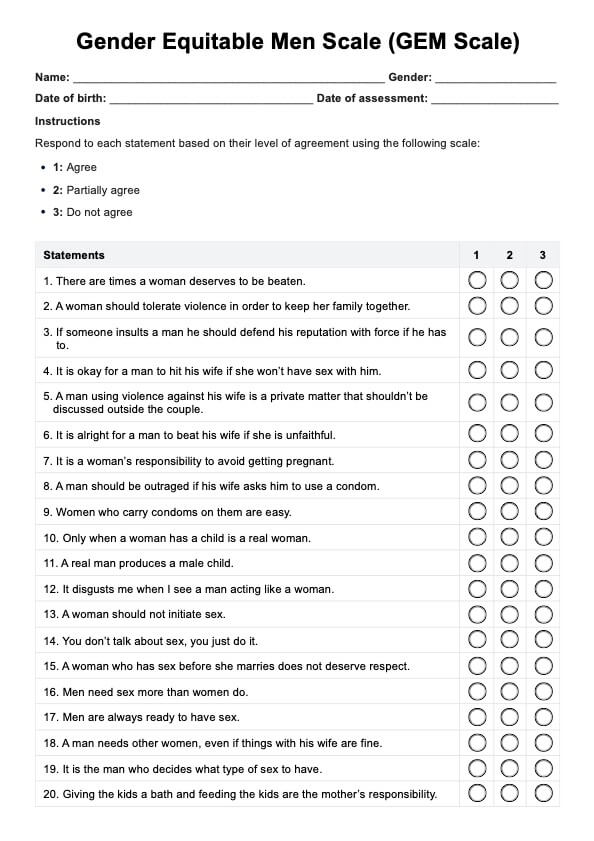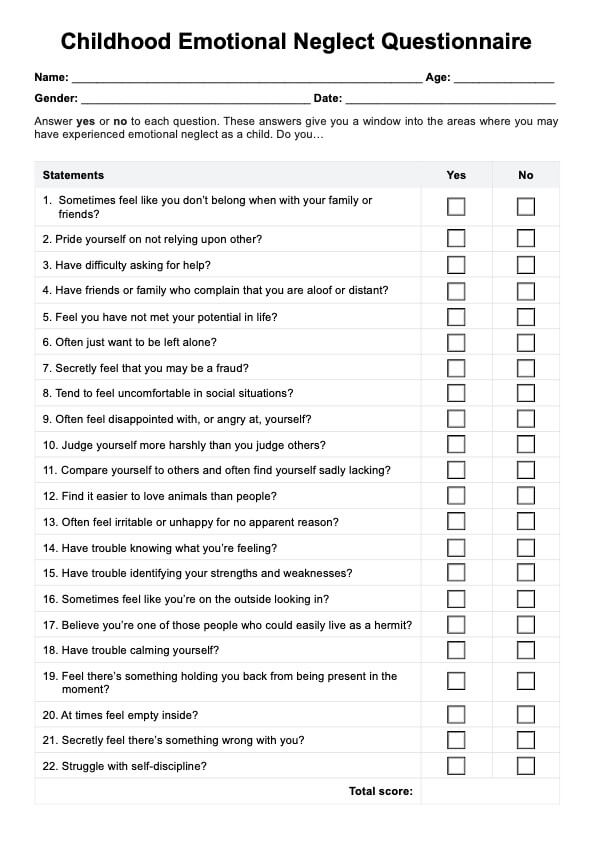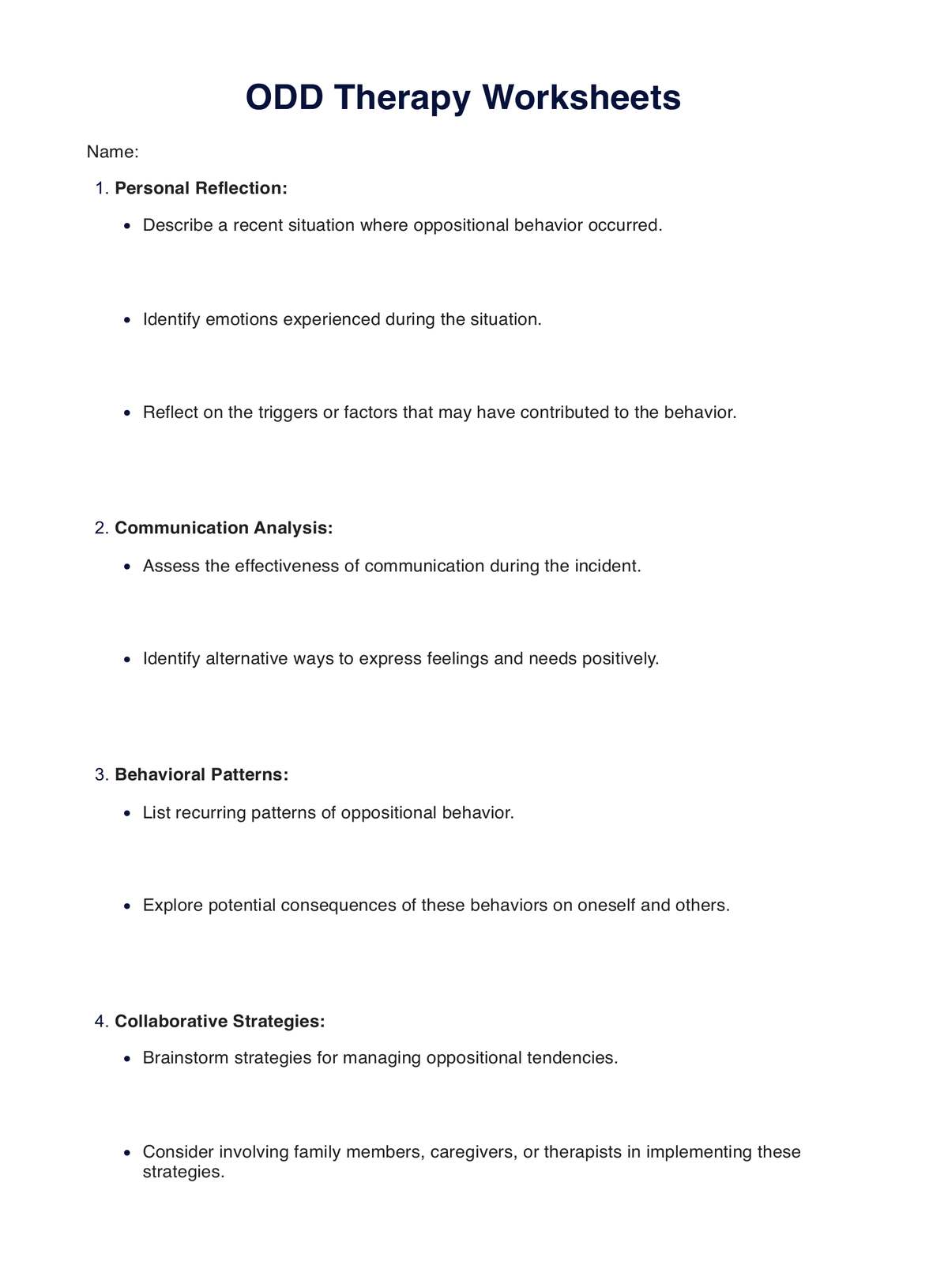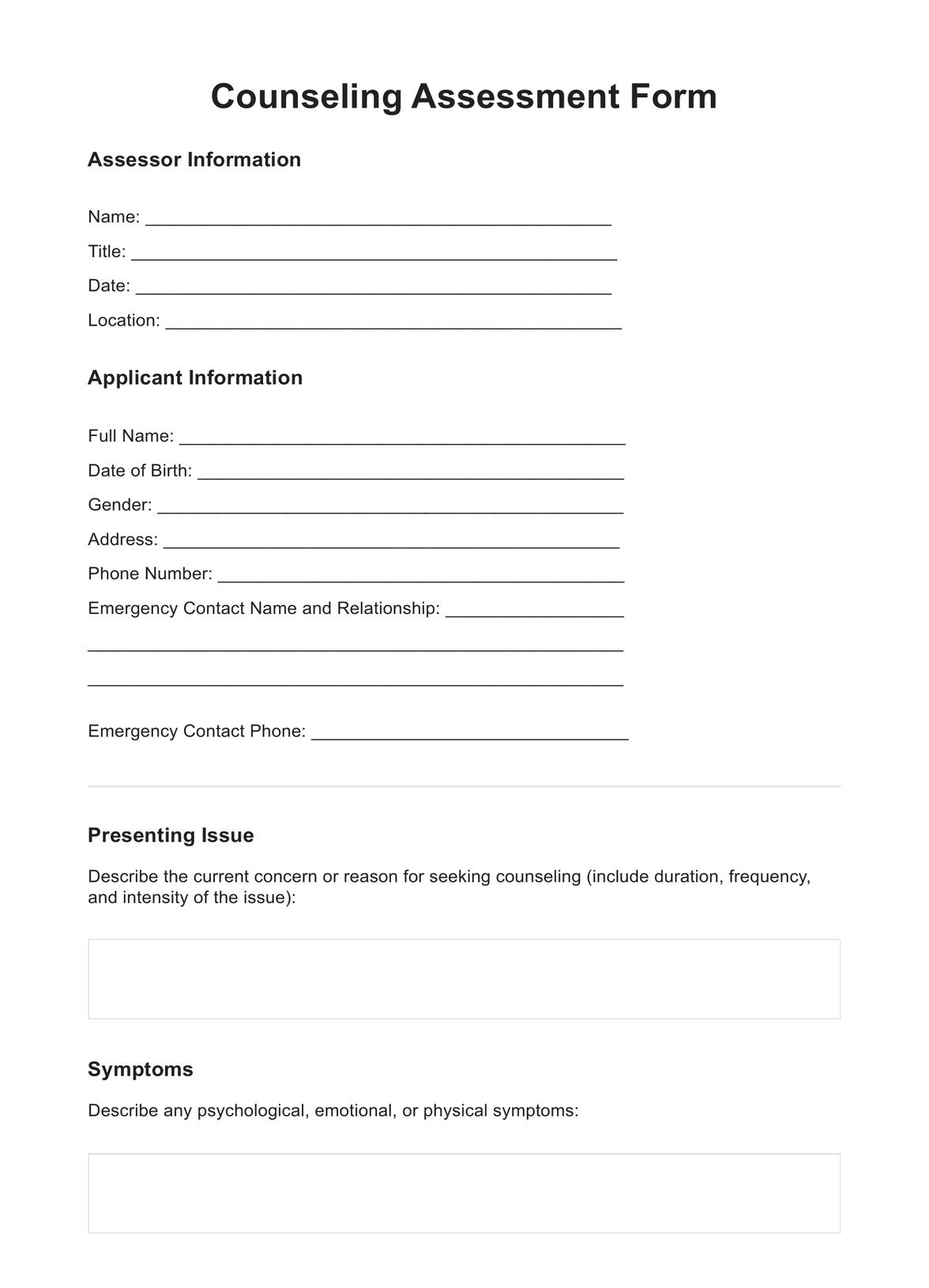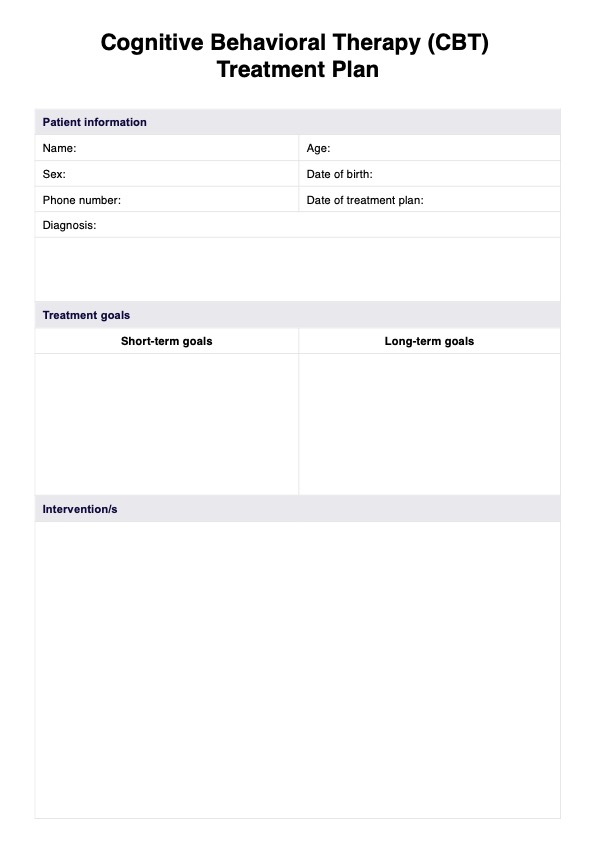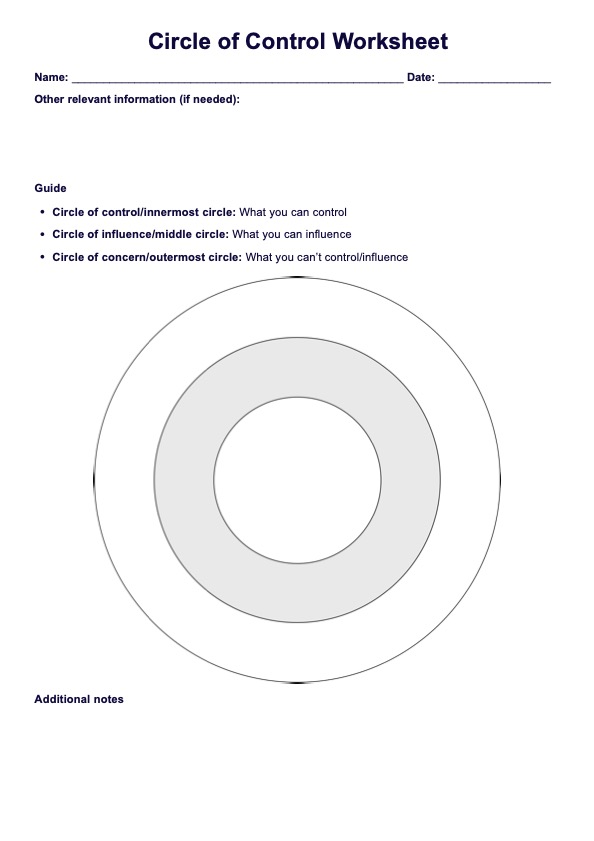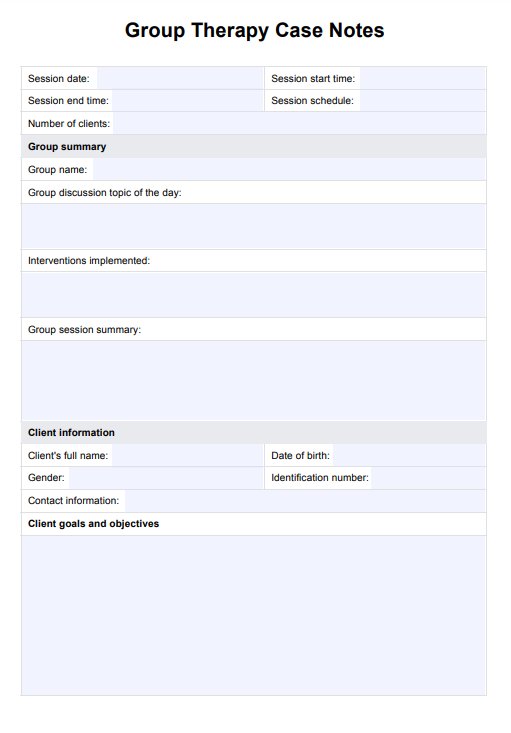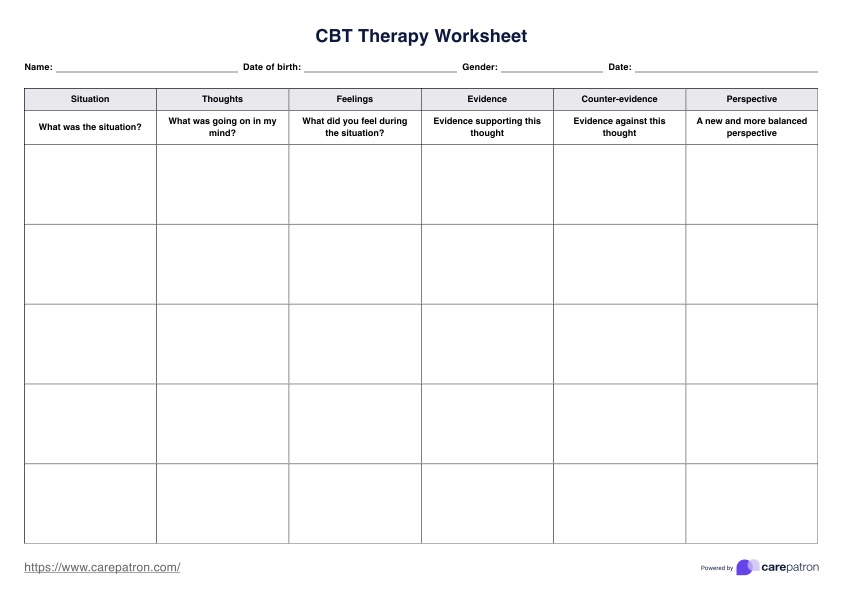ACT Therapy Worksheet
Check out our ACT Therapy worksheets to produce high-quality psychological outcomes. Encourage greater mindfulness, acceptance, self-awareness, and understanding.


What are Acceptance and Commitment Therapy Worksheets?
Acceptance and Commitment Therapy (ACT) worksheets encompass acceptance and commitment therapy principles, promoting healthy and positive thinking patterns in clients. These worksheets can strengthen psychological and emotional openness within patients.
This is in addition to helping provide a pathway for clients to acknowledge their emotions and incorporate effective steps to induce greater resilience and state of mind. ACT worksheets cover the six core processes: acceptance, cognitive defusion, the idea of being present, the self as context, values, and committed action, all of which can lead to psychological flexibility.
These worksheets aim to reduce feelings of suppression and denial that sprang forth from distressing psychological and physical experiences by helping clients reconcile with their struggles and hardships.
ACT Therapy Worksheet Template
ACT Therapy Worksheet Example
How to use this worksheet for ACT Therapy
ACT Therapy Worksheets are quite comprehensive, covering multiple dimensions. As a result, you may be wondering how to complete them, which is why we're here to help! It's easy to integrate ACT Therapy Worksheets. All you must do is follow these simple steps:
Step 1: Download the worksheet
Although this may seem obvious, make sure you download our free ACT Therapy Worksheet for this modest experience. All you have to do is click the link on this page, which should open automatically within your device's PDF reader.
Step 2: Complete the sections
Work through the worksheet with your client during your session. They revolve around topics such as what situations have caused a person psychological harm, present-moment awareness, personal values, becoming attuned to the observing self, and practicing self-compassion.
Step 3: Secure within a HIPAA-compliant database
As the final step, you must secure the worksheet within a HIPAA-compliant database with the client's permission. The client may wish to keep the ACT Therapy Worksheet, in which case, you may need to store notes of your collaboration experience.
Who can use this printable ACT Therapy Worksheet?
ACT Therapy Worksheets can be used in various mental health practices, including clinical and health psychology, applied positive psychology, contextual behavioral science, and behavioural and cognitive psychotherapy. You don't have to be an ACT therapy expert to use the worksheets, as they encompass versatile and useful psychological principles across various schools of thought.
For example, if you practice behavior therapy or something related to organizational behavior and wish to promote positive thinking patterns within your clients, consider integrating ACT Therapy Worksheets.
They can be used to provide greater depth and introspection to your appointments and can also be used to reveal valuable insight when it comes to assessing client behavior, thoughts, feelings, and experiences.
Using ACT, you can work towards eliminating denial and bringing repressed feelings to the surface to work towards committed actions and changes. Some mental healthcare professionals that can benefit from implementing ACT Therapy Worksheets include the following:
- Psychologists
- Psychiatrists
- Therapists
- Psychotherapist
- Counselors
- Life coaches
- Holistic coaches
- Mental health specialists
Why is this form useful for clinical and health psychology therapists?
There are also various practical uses for ACT Therapy Worksheets that you may want to consider.
- Enhanced client insight: ACT Therapy Worksheets can uncover many repressed thoughts, feelings, and emotions that can highlight potential causes for effective treatment. Quite simply, they can help you gain a greater understanding of the client's well-being and psychological state.
- Greater organization: ACT Therapy Worksheets organize the six core principles of ACT succinctly and in a way that allows for broad understanding without extensive paperwork. All the relevant information is compiled for you in a clean format so that you can spend less time planning and modifying worksheets.
- Simplified workflow: Because these worksheets have been created with mental health professionals' needs in mind, you only have to download and distribute them. You can work towards an optimized and streamlined workflow that doesn't complicate things any further.
Benefits of ACT Therapy Worksheet
Not only are there numerous uses to ACT Therapy Worksheets, but there are many benefits that you would be remiss not to consider.
Greater client connections
Naturally, incorporating ACT Therapy Worksheets means connecting with patients on a more intimate, professional level and in less time. When it comes to therapy, Improvement is often dependent on the client's experience with the therapist, the level of vulnerability they present, and sharing their honest thoughts and feelings.
Faster progress
ACT Therapy Worksheets touch on all essential components when it comes to evaluating a client's state of mind and introducing ways to overcome psychological challenges. You can use these worksheets as a supplementary tool to your appointments to encourage consistent improvements and as an aid to reveal useful client insight within the early stages.
Develop cognitive framework
You can also use ACT Therapy Worksheets to work towards developing a robust cognitive framework over time. The worksheets can help consolidate your knowledge of certain patients and mental disorder cases, and you can familiarize yourself with how they may present in different people.
Reveal honest experiences
As touched on, these worksheets are great at uncovering thoughts and feelings that have often been suppressed and denied within clients. It allows clients to shed greater vulnerability without fear of judgment.
Commonly asked questions
ACT therapy worksheets are completed by the client. If you choose to work on them during your sessions, keep in mind that it is not you driving the worksheet, rather, it is still your client. You should not add any information, and should only be transcribing the thoughts and feelings of your client.
ACT treatment, like narrative therapy, includes the cognitive defusion part, in which a person is detached from their situation. Both strategies enable clients to reduce the weight of their problems and externalize order in order to deal with them more effectively. Narrative therapy stresses a storyline approach, whereas cognitive defusion is more 'bare bones' and uses simple reframing. ACT therapy worksheets in general focus on various dimensions such as values and acceptance, whereas story therapy is a single lens used to treat clients with mental health concerns.
It is not required for the client to complete all parts of the ACT therapy worksheet, especially if you deem some aspects as irrelevant. However, as a mental health professional, it is up to you whether you enforce this or not. It is recommended that the client completes the entirety of the ACT therapy worksheet in order to receive the most benefit and highest value.


